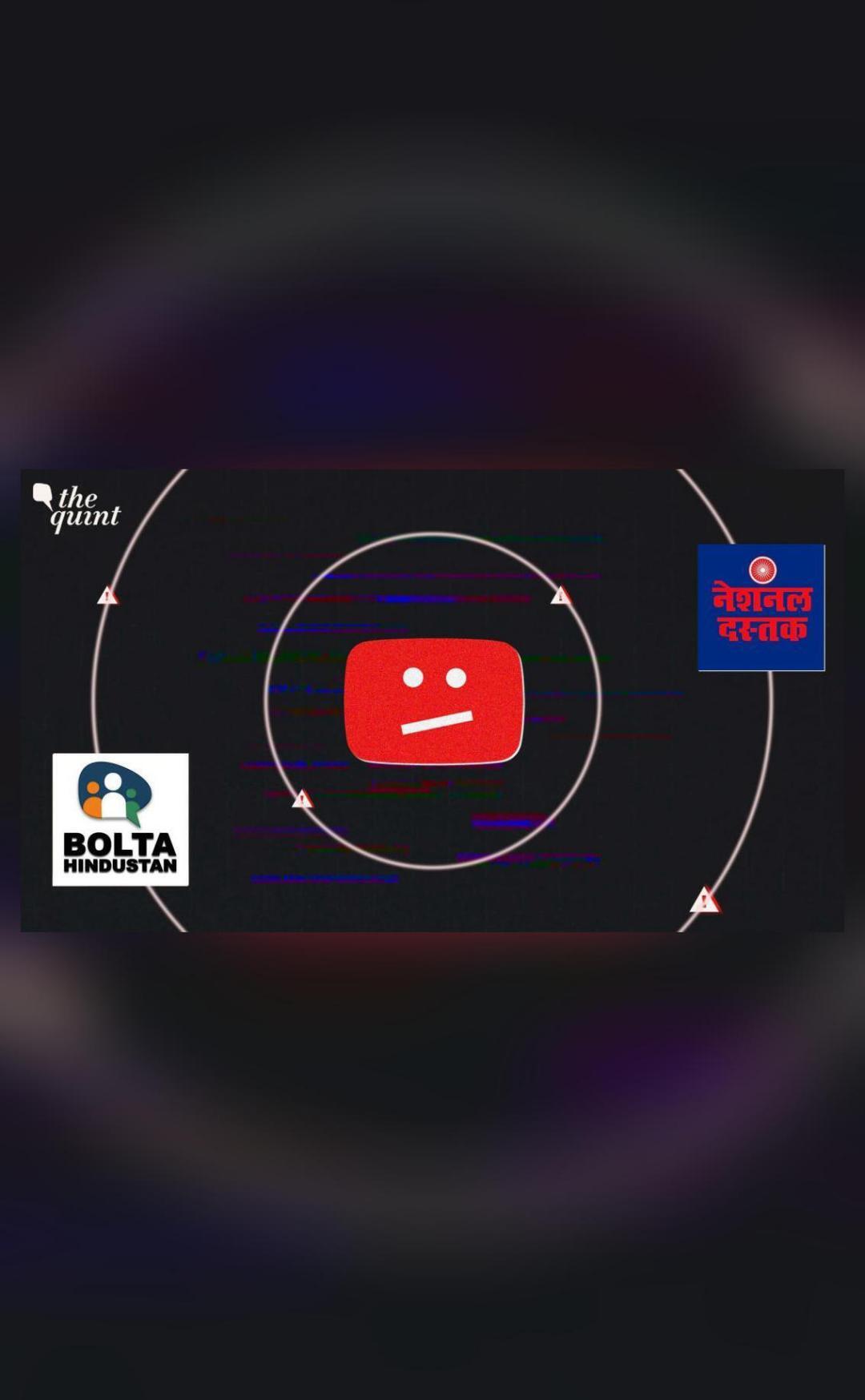Since the beginning of April, the Union Ministry of Information and Broadcasting (MIB) has instructed YouTube to block the channels of two Hindi news outlets, raising concerns of censorship, especially with the 2024 Lok Sabha elections approaching. The affected channels are ‘Bolta Hindustan’ and ‘National Dastak’, boasting over 3 lakh and 94.2 lakh subscribers, respectively.
According to YouTube’s communication to the channel owners, the blocking requests from MIB were made under Section 69A of the Information Technology Act, 2000, and Rule 15(2) of the Information Technology (Intermediary Guidelines and Digital Media Ethics Code) Rules, 2021. However, the legality of these directives has been questioned, as experts point out procedural lapses.
Under Section 69A, the central government can block public access to information on grounds related to national sovereignty, defense, security, public order, and more. Despite YouTube’s compliance with the directives, the specific reasons for blocking the channels remain undisclosed. Both editors of the affected channels, Samar Raj and Shambhu Kumar Singh, confirmed that they had not received any communication from the government seeking their input.
The absence of specific reasons for the blocking orders has raised concerns about transparency and accountability. Pranesh Prakash, an expert, emphasized the importance of recording reasons for such actions, as mandated by the Supreme Court. He argued that transparency is essential in upholding democratic principles and protecting fundamental rights.
The government’s increasing intervention in social media content has become more evident in recent years, with a surge in takedown requests. Google’s Transparency Report revealed that India ranked third in government takedown requests globally from January to June 2023. Such actions have sparked criticism from various quarters, including political parties like Congress and journalist unions like the Delhi Union of Journalists (DUJ).
Despite the challenges posed by government directives, affected parties like Samar Raj remain determined to appeal the decision through appropriate channels, including legal recourse if necessary. As debates surrounding free speech and censorship intensify, the outcome of these actions could have significant implications for media freedom in the digital age.



